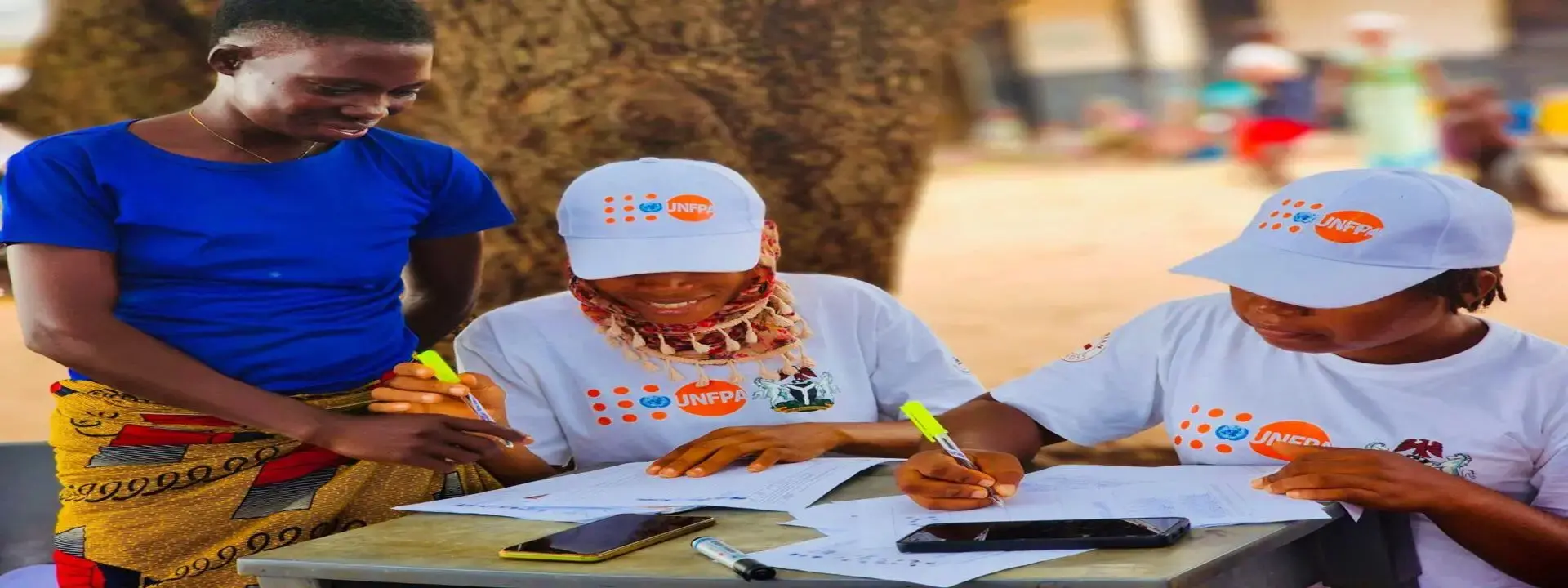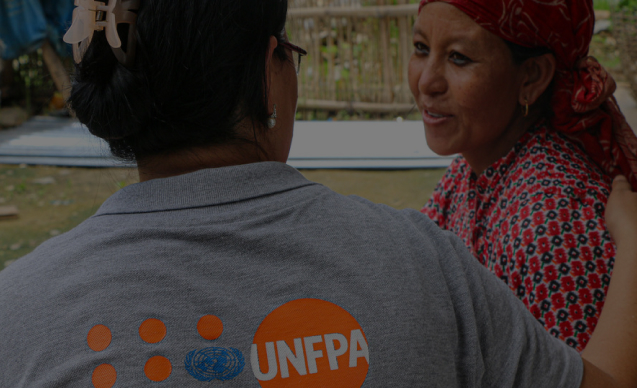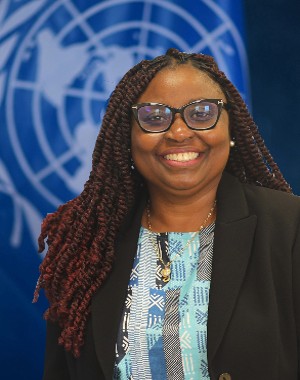About UNFPA Nigeria
Established in 1973, the United Nations Population Fund (UNFPA) in Nigeria is located in the Federal Capital territory of Abuja, with four sub-offices, to respond to population issues throughout the six geo-political zones of the country: The North-West, North- East, North-Central, South-West, South-East and South-South.
Currently in its 8th Country Programme (2018-2022), UNFPA Nigeria operations prioritize the humanitarian-peace-development nexus approach, particularly in addressing the subsisting crisis in the Northeast region of the country. In addition to the humanitarian support provided to the three worst affected states of Yobe, Borno and Adamawa in the Northeast, UNFPA Nigeria supports implementation of the country’s development plans in 15 focal states: Abia, Akwa Ibom, Benue, Cross Rivers, Ebonyi, Gombe, Imo, Kaduna, Lagos, Ogun, Ondo, Sokoto, Kebbi, Bauchi, and Oyo as well as at the Federal level. However, it is pertinent to note that the Reproductive Health Commodities supply programme of UNFPA covers all the 36 States as well as the Federal Capital Territory (FCT).
Consistent with the three organization-wide objectives to end preventable maternal mortality, end unmet need for family planning and end gender-based violence and harmful practices, UNFPA Nigeria also partners with non-government organizations including faith based, women and youth organizations, other UN agencies and major donors to meet the needs of the most vulnerable groups in the country including women, adolescents, and youths, as well as internally displaced persons (IDPs). The organizational goals call on holistic programming centered on building the capacity of national health systems and social structures in order to administer quality services around sexual reproductive health (SRH), family planning and Gender Based Violence (GBV) prevention, mitigation and response.
In partnership with other UN agencies and development partners, UNFPA Nigeria is committed to the overall rehabilitation and recovery of health infrastructure in addition to the provision of quality Sexual Reproductive Health and Services (SRHS) required across the country.
Country Programme Focus:
- Developing policies that prioritize protection mechanisms for access to SRHS information and services;
- Strengthened capacities to deliver high quality FP, Comprehensive Maternal Health, STIs and HIV information and services;
- Improving human resources for health management;
- Prioritization of youth and adolescents in policies and RH, development and well-being;
- Increasing multisector capacity to address GBV;
- Generation of population projections and identification of socio-demographic trends.




